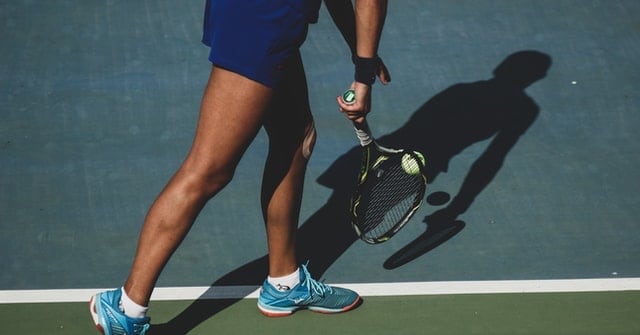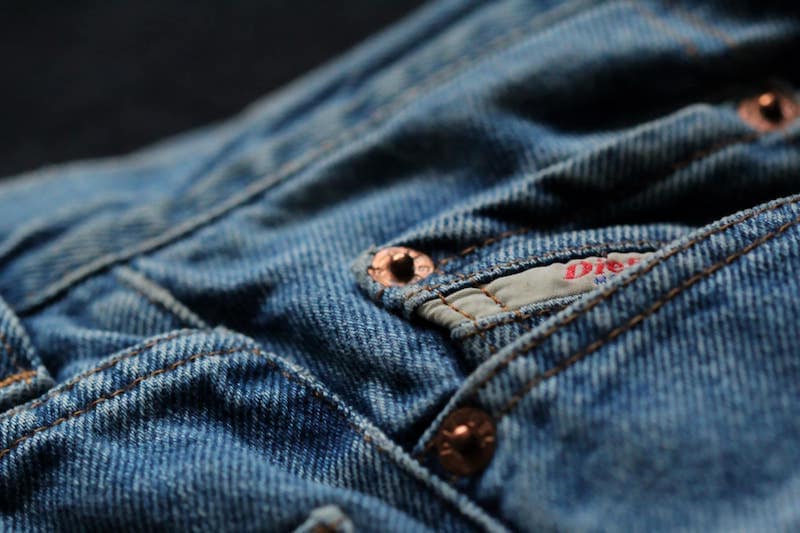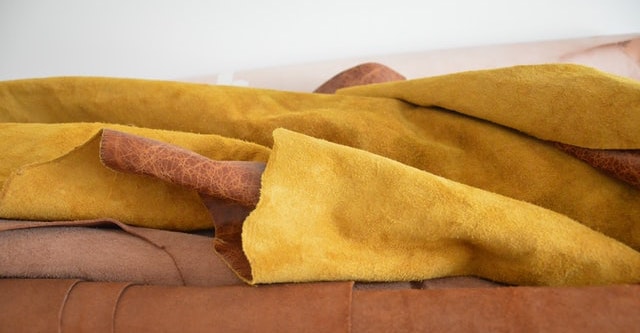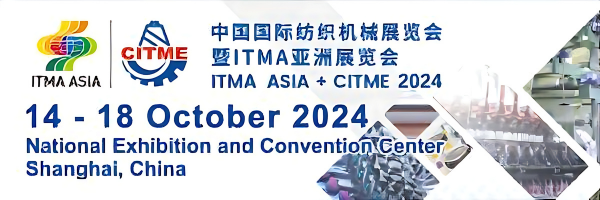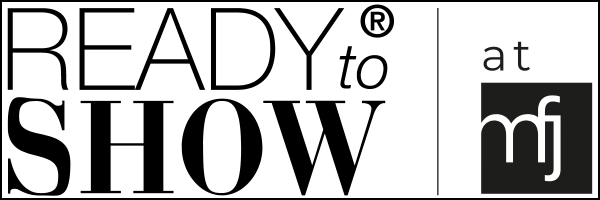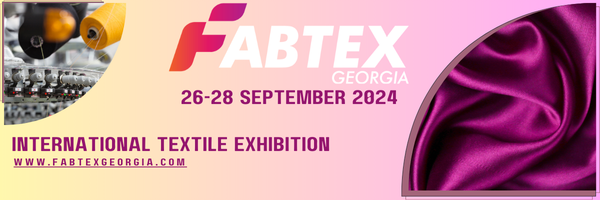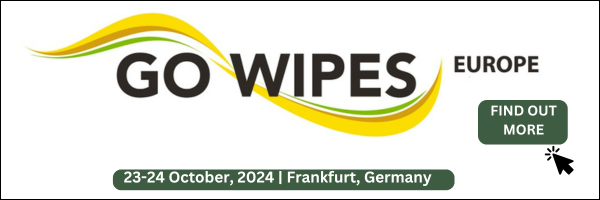Discover the visionary leadership of Mr. Fernando Valente Pimentel, CEO of ABIT, as he navigates Brazil’s textile industry toward global prominence. With over six decades of legacy, ABIT stands as a beacon of innovation and sustainability under Mr. Pimentel’s guidance. Explore ABIT’s strategic initiatives driving industry growth and competitiveness, shaping the future of Brazil’s textile landscape on the international stage.
- Could you kindly provide further information regarding ABIT, including its history and notable successes?
Pimentel: The Brazilian Textile and Apparel Industry Association (ABIT), founded in 1957, is one of the most important class entities among the country’s productive sectors. It has been an example of a productive association during its 65 years of history, celebrated in 2022.
ABIT: A Force for Progress
It is one of the most active class entities in the country, with wide recognition on the national and international scene. It is totally committed to align the sector with the UN’s Sustainable Development Goals (SDGs) and is a signatory to global actions in defence of labour dignity, participating, among others, in the initiative of the International Labor Organization (ILO).
ESG (environmental, social and corporate governance) principles guide the sector’s transition to Industry 4.0, supported and guided by the association. ABIT is also part of several initiatives in Brazil and of multilateral organizations, such as the World Trade Organization (WTO) and the Organization for Economic Cooperation and Development (OECD).
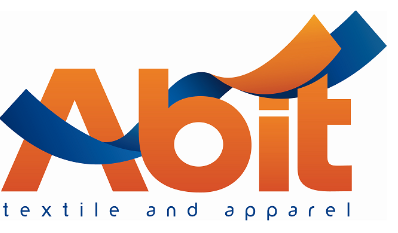
The entity also actively participates in global initiatives with the IAF (International Apparel Federation), ITMF (International Textile Manufacturers Federation) and Global Fashion Agenda, in line with global sustainability guidelines for the textile sector.
In Brazil, we strengthen the companies in the sector, helping to improve products in all segments of the textile and clothing industry, providing information and training, in addition to defending companies agendas vis-a-vis the government. We promote all Brazilian textile and fashion products around the world, aiming to increase exports.
- Could you please specify the number of members you currently have?
Pimentel: Abit represents the productive force of more than 24 thousand companies installed throughout the national territory, of all sizes, which employ 1.3 million workers and generate, together, an annual turnover of R$ 193.2 billion (2022 estimate). Of this total, around 2.609 are textile companies and 21.685 are apparel companies.
- Which sectors hold greater prominence within the Brazilian textile industry?
Pimentel: Both the textile and apparel segments are of great importance. They are the precursors of the Brazilian industry and today they are among the manufacturing sectors that most seek to add technology and innovation, in the path of social, environmental and economic sustainability.
Globally, however, our Jeanswear segment receives great prominence, as we are one of the five largest producers in the world. As well as our bed, table and bath segment, which is among the major producers. Brazilian fashion is also very strong in beachwear, fitness and sportswear.
Other segments have been gaining international markets, such as our women’s, men’s, children’s and underwear.
- Why is the textile industry considered one of the most significant sectors in Brazil, making it a renowned textile country?
Pimentel: The Brazilian textile and apparel sector is important for innovation, technology, design and sustainability. It generates and maintains numerous jobs and is distributed throughout the national territory.
It employs many women (more than 75% of the people working in the activity) and is the second-largest generator of the first job within the manufacturing industry. Because it is intensive in human resources, it generates enormous jobs opportunities throughout the Brazilian territory, with more than eight million people orbiting directly or indirectly around this industry.
- Could you provide further details regarding the export and import statistics of goods within the Brazilian textile industry?
Pimentel: To measure the foreign trade of our sector, let us take the results of the first four months of 2024, when exports were US$ 289.9 million, meaning an increase of 2% compared to the same period in 2019 (pre-pandemic period). A highlight of this increase are the 38% growth in clothing exports over the same period, with a particular focus from casual wear, blouses, and T-shirts.
Imports grew 11%, reaching US$ 2.16 billion. The increase was mainly due to the rise in imports from China, particularly in relation to fabric and clothing imports. Together, they accounted for 86% of this total increase.
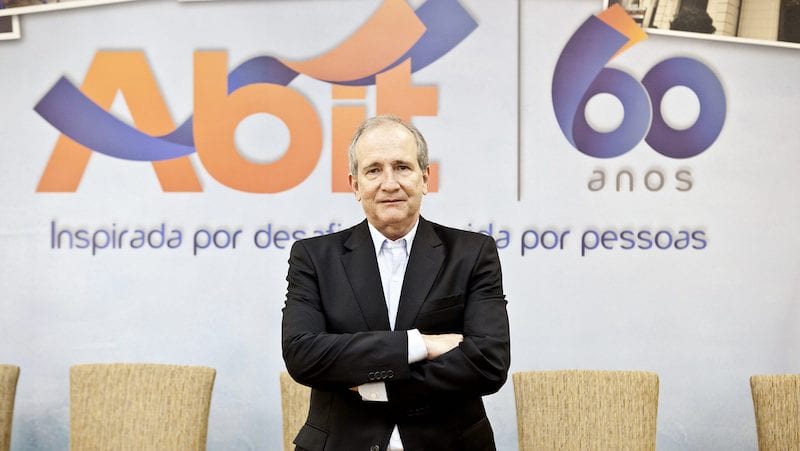
- How do you evaluate the support of Brazil’s government for the textile industry?
Pimentel: We have a republican relationship based on technical, economic and regulatory guidelines with the Three Powers. Many of our suggestions have already been accepted by different governments, while others have been rejected.
Today, our priority agenda for the public sector is a tax reform that turns Brazil’s tax system that less onerous for society and the productive sectors. We also defend a simultaneous administrative reform of the State that can make it more productive, efficient and modern. Both proposals are being processed in the National Congress.
The legitimate civic and political mobilization of the entity, along with other class institutions in the country, contributed to relevant achievements, such as the labour reform, Gas Law, extension of payroll exemption and reduction of IPI (Industrialized Products Tax), for example.
On the other hand, government agencies and bodies have specific programs to support those who want to export (Apex-Brasil), invest in innovation and technology (ABDI) and project financing (FINAME) and investments (BNDES), not only for the textile sector but for the entire Brazilian industry.
- Could you elaborate on ABIT’s missions and strategies aimed at accelerating the Brazilian textile industry’s penetration into international markets?
Pimentel: We maintain a successful partnership with ApexBrasil (Brazilian Trade and Investment Promotion Agency) named Texbrasil (Brazilian Textile and Fashion Industry Internationalization Program), created in 2000. Its purpose is to support and prepare companies in the sector, with the development of strategies to conquer the global market.
Since its launch, it has helped around 1.900 brands to get on the export trail, doing more than US$ 10 billion in business. Among the actions carried out, we highlight meetings with international buyers and journalists, participation in fairs and events around the world, training initiatives in innovation, sustainability and design, and conducting research and market prospecting.
- How would you assess the textile and apparel sector in Brazil regarding sustainability practices and quality certifications?
Pimentel: Brazil has a great advantage in terms of environmental impact, since, in addition to the use of clean energy matrices (hydroelectric, wind, solar and biomass), the country’s environmental laws are among the strictest.
Most companies reuse water, have modern effluent treatment centers and, in recent years, have reduced the use of water in production by around 90%, as a result of research and applied technology.
The use of waste or its correct destination has grown very strongly, making the circularity of products an increasingly frequent reality. Brazilian companies have national and international certifications that meet some ESG or quality aspects: ABVTEX Seal, ISO 9001, 140001, 16001, 5001, 9004, Oeko-Tex, and BCI, among others.
• Currently, there are around 4,000 clothing companies certified by the ABVTEX Program that supply to major retailers. These companies invest in certification and maintaining good practices annually.
• At the beginning of the supply chain, we have the largest production of BCI cotton in the world.
• In the intermediate links, international certifications prevail, ensuring the absence of harmful chemicals to health and the environment in production.
• Companies in the sector continuously invest in best practices, process improvement, modernization of production plants, and efficient use of resources such as water, energy, and chemical inputs. This not only contributes to cost reduction but also to better performance regarding overall sustainability criteria.
- Are there any plans to expand exports to the Middle East and Africa, considering their growing textile markets? Additionally, does your company currently engage in any activities within the MENA region market?
Pimentel: the Middle East and Africa are important markets for the textile and apparel sector. The expected population growth for the region should make it one of the main consumers of clothing in the next 30 years.
Currently, our sales to the region are still not significant, corresponding to around 3% of the total exported by Brazil in terms of textiles and apparel. However, we aim to grow in these markets, and for the next two years, we have planned to prospect initiatives to better understand them and seek to expand our presence in the region.
- How would you assess the outlook for Brazilian textile companies in 2024?
Pimentel: The Brazilian textile and clothing industry forecasts a 0.5% increase in production and a 1% increase in retail sales in 2024 compared to 2023. In terms of foreign trade, a 7.2% rise in textile and apparel imports and a 0.6% increase in exports are Forecasted.
We have also made a survey with Abit member companies that provided an overview of the subjects that can affect their businesses. The main issues identified as impediments to greater growth in 2024 were primarily competition with imported products without proper isonomy (75% of respondents indicated this difficulty), followed by the high tax burden and fiscal competition (69%), and the high cost or lack of specialized labor (53%), which also prevents many companies from increasing their productivity in real terms.
Consequently, 82% of companies intend to invest even more in technological innovation, positioning themselves increasingly in Global Value Chains by incorporating technology into their products and processes.
Despite all the barriers and difficulties faced, the optimism of entrepreneurs points to a positive outlook for the year. According to our survey, 2024 will be positive for 50% of respondents, while another 21% indicate neutrality. Of course, the companies’ expectations for an optimistic scenario also reflect internal changes that may bring the sector back to competitive levels with equality and compatibility on a global scale.
20 Facts About Brazilian Textile and Apparel Sector (2022)
1- Textile and Apparel Chain Revenue: USD 38,7 billion
2- Exports (excluding cotton fiber): USD 956 million;(2023)
3- Imports (excluding cotton fiber): USD 5.8 billion, versus USD 5,9 billion in 2022; (2023)
4- Trade balance (excluding cotton fiber): negative USD 4,83 billion (2023) versus negative USD 4,8 billion in 2022;
5- Investments in the sector: USD 891 million, versus USD 968 million in 2021;
6- Average apparel production: 8,07 billion pieces (apparel + socks and accessories + home textiles), versus 8,5 billion pieces in 2021;
7- Average textile production: 2,1 million tons, versus 2,16 million tons in 2021
8- Workers: 1.33 million direct employees and 8 million more if indirect employees and income effect are added, 75% of which are women;
9- 2nd largest employer in the manufacturing industry, behind only the (joint) food and beverage industry; 2nd largest first job creator;
10 – Number of companies: 24,3 thousand nationwide (legally registered);
11- Fourth largest producer and consumer of denim internationally;
12- World’s fourth largest producer of knitwear;
13- Accounts for 16.7% of employees and 5.7% of Manufacturing Industry revenues;
14- Brazilian fashion is among world’s the five largest Fashion Weeks;
15- We have over 100 fashion schools and colleges;
16- With the discovery of pre-salt layer oil, Brazil will no longer be an importer, becoming a potential exporter for the world’s Synthetic Textile Chain;
17- Brazil is still the only complete Textile Chain in the Western world. Only Brazil still has everything from fiber production, such as cotton farms, up through fashion shows and spinning mills, weaving mills, processors, apparel manufacturers and a strong retail segment;
18- A nearly 200-year-old industry in the country;
19- Brazil is the largest complete Textile Chain in the West. Only we have everything from the production of fibers, such as cotton, to fashion shows, spinning, weaving, processing, apparel and retail;
20 – Brazil is an international reference in the design of beachwear, jeanswear and homeware, having also grown in the fitness wear and underwear segments.



